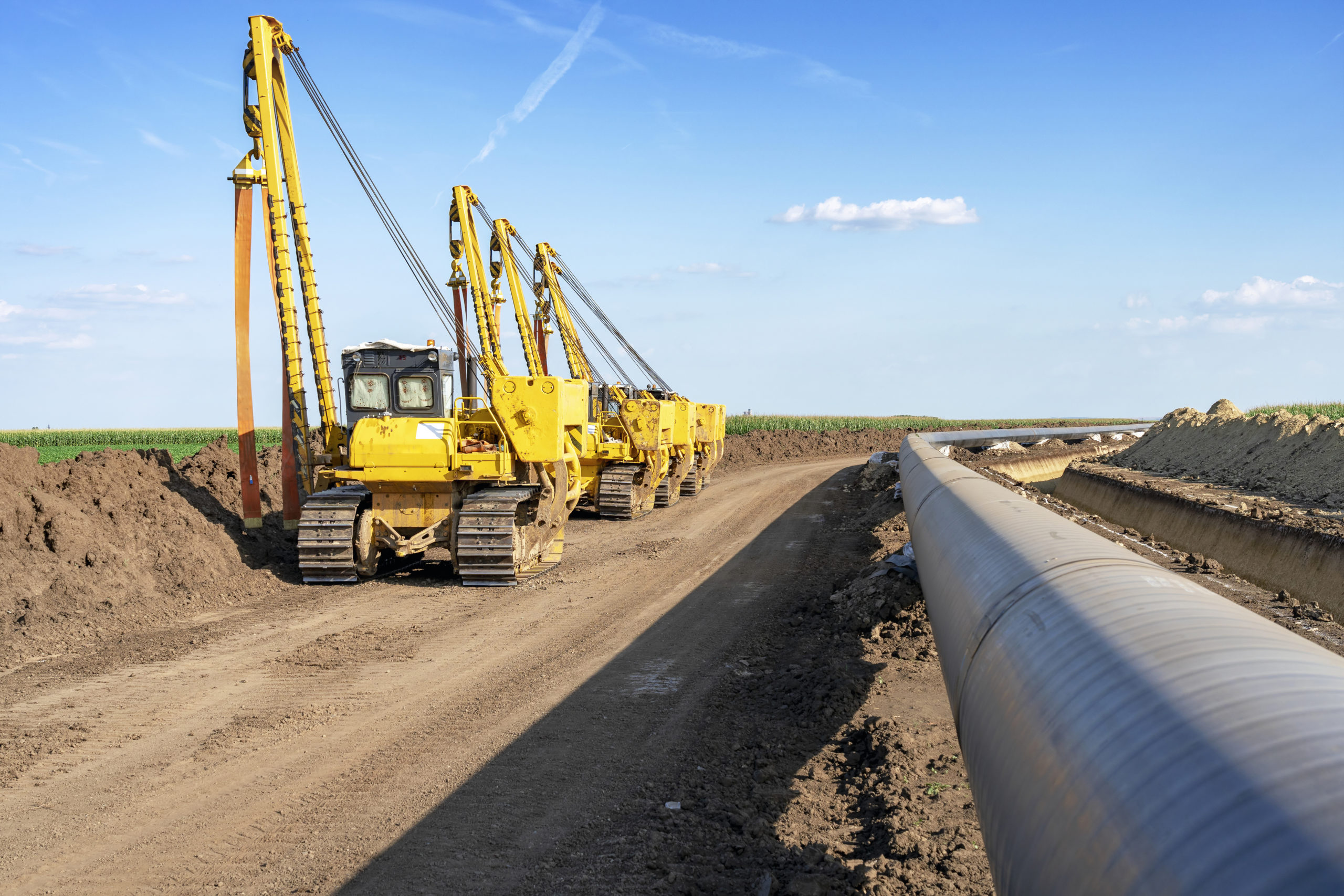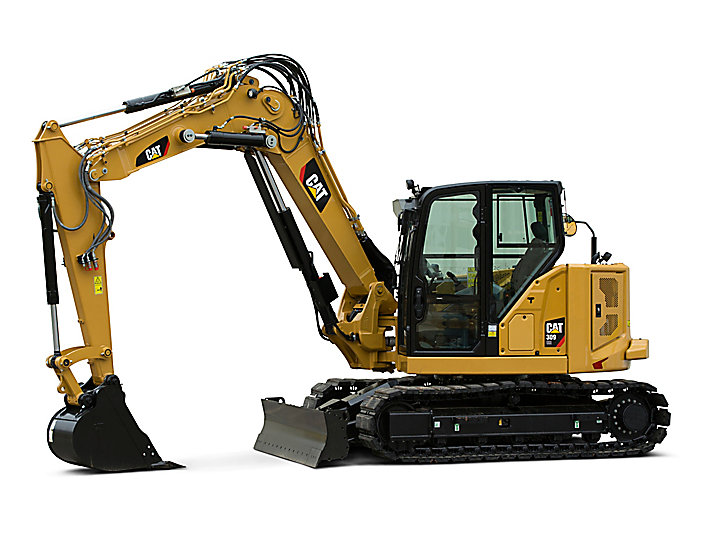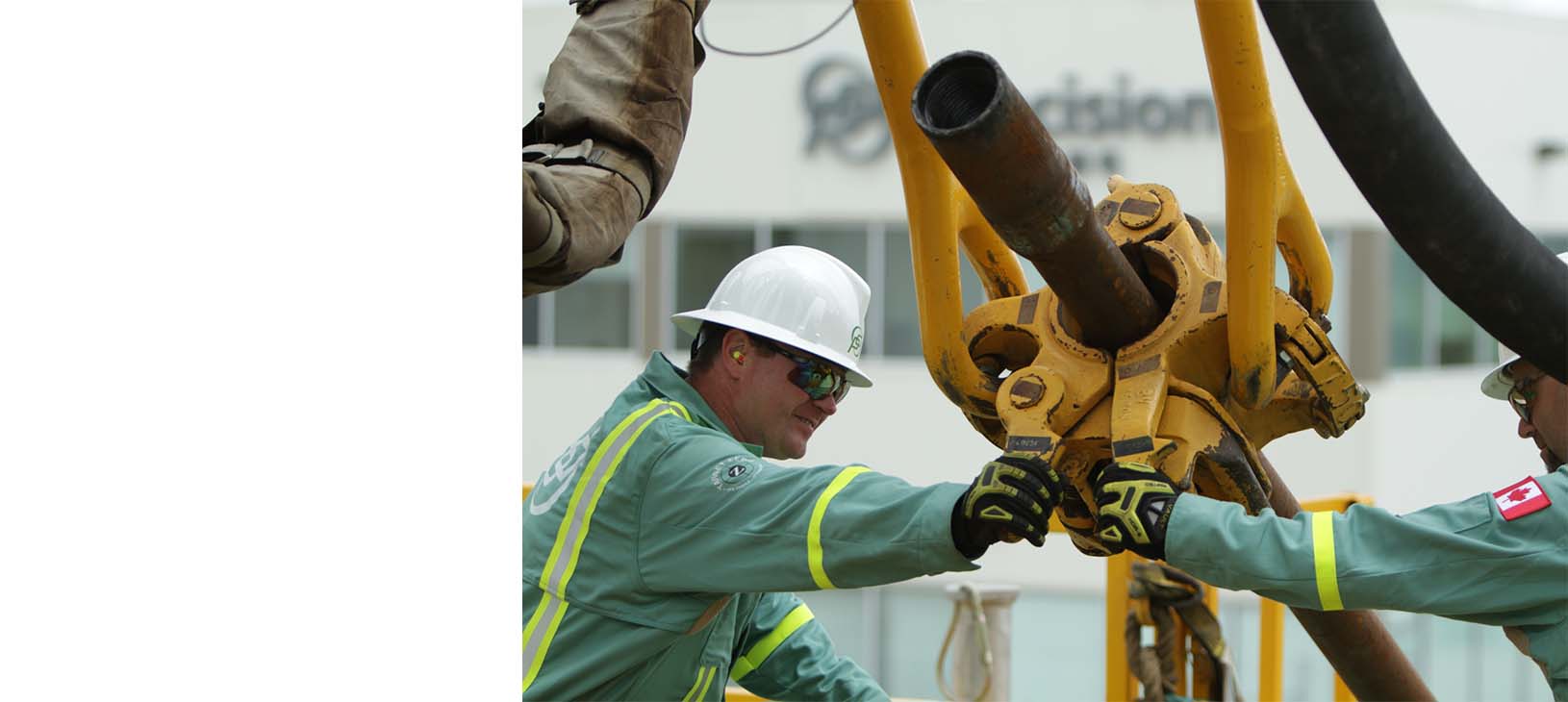Superior Rentals near me: proven strategies for choosing the right partner
A Comprehensive Overview to the Numerous Kinds of Oil Field Equipment and Pipeline Equipment Available
The oil and gas sector counts greatly on customized equipment for efficient extraction and transportation. Various sorts of machinery, from drilling rigs to tank, play vital roles in this complex process. Each piece of equipment offers distinctive features that add to general functional success. Comprehending these elements is necessary for any person associated with the market. As the market progresses, so as well do the technologies that support it. What innovations are on the horizon?

Drilling Rigs: The Foundation of Oil Exploration
Drilling rigs work as the important equipment in the domain of oil expedition, enabling business to accessibility hydrocarbon reserves buried deep under the Earth's surface area. These rigs can be found in various kinds, including land rigs, offshore rigs, and mobile systems, each made to operate in particular settings. Equipped with sophisticated modern technology, piercing rigs can penetrate geological developments with accuracy, guaranteeing effective resource extraction. The structural stability and functional capacities of these rigs are essential, as they have to withstand extreme conditions and considerable stress. Moreover, the choice of a boring rig affects the overall task cost and timeline, making it an essential factor to consider for oil firms looking for to optimize their exploration efforts and make best use of productivity in their operations.
Pumps: Necessary for Liquid Motion
In the oil removal process, the function of pumps is significant, facilitating the movement of fluids throughout numerous stages of manufacturing. Pumps are important for carrying petroleum, water, and various other fluids from underground tanks to the surface and after that through pipes to refineries. They can be found in different types, including centrifugal, favorable displacement, and submersible pumps, each serving details objectives based on the fluid features and functional demands. Centrifugal pumps are commonly made use of for their effectiveness in high-flow applications, while favorable variation pumps master handling thick fluids. The selection of pump effects overall performance, operational safety, and upkeep prices. Proper option and maintenance of pumps are essential for enhancing production and decreasing downtime in oil field procedures.
Valves: Managing Circulation and Pressure

Shutoffs play a vital role in handling the circulation and stress of liquids within oil fields and pipes. Numerous kinds of valves serve unique applications, each made to fulfill particular functions essential for reliable operation - Superior Oilfield Rentals Texas. Recognizing the attributes and usages of these shutoffs is crucial for maximizing system efficiency and safety
Kinds of Valves
Essential components in oil field operations, valves play an essential function in managing the flow and pressure of fluids within pipes and equipment. Different sorts of valves are made use of to fulfill the varied demands of oil and gas manufacturing. Typical types include entrance shutoffs, which offer a straight-line flow and minimal stress decline; world valves, known for their throttling capacities; and ball valves, identified for their fast on/off control. In addition, check shutoffs stop backflow, while butterfly valves supply a light-weight option for controling flow. Each valve kind is created with particular materials and setups to endure the harsh problems frequently found in oil areas, making certain dependability and efficiency in procedures. Comprehending these types is essential for efficient system management.
Valve Applications and Features
While various kinds of valves serve distinct functions, their key applications focus on controlling circulation and pressure within oil and gas systems. Shutoffs such i loved this as gate, globe, and round valves manage fluid activity, guaranteeing peak efficiency and security. Gateway valves are generally used for on/off control, offering marginal flow resistance. World valves, on the various other hand, deal accurate circulation regulation, making them ideal for throttling applications. Round valves are preferred for their fast operation and tight securing capabilities. Additionally, stress safety valve are essential for avoiding system overpressure, guarding equipment stability. On the whole, the suitable choice and application of shutoffs enhance operational performance, ensuring the reliable transport of oil and gas with pipes and handling facilities.
Compressors: Enhancing Gas Transport
Compressors play a critical role in the efficient transport of all-natural gas, ensuring that it moves efficiently via pipes over fars away. These devices enhance the stress of gas, permitting it to overcome friction and altitude adjustments within the pipeline system. In addition, compressors promote the balancing of supply and demand, accommodating fluctuations in consumption and production rates. Different sorts of compressors are used in the sector, consisting of centrifugal, reciprocating, and rotating screw compressors, each offering distinctive benefits based upon the functional needs. Normal upkeep of these compressors is necessary to make best use of performance and minimize downtime, inevitably adding to a dependable gas transportation network. Their critical function emphasizes the relevance of compressors in the total oil and gas framework.
Storage Tanks: Safe and Efficient Liquid Monitoring
Efficient transportation of gas depends on various sustaining systems, one of which is the proper management of storage containers. These containers play an important duty in safely including fluids, ensuring that functional performance is preserved while reducing ecological dangers. Constructed from sturdy products, they are developed to withstand high stress and destructive elements. Properly sized and purposefully located, tank facilitate the smooth circulation of gas and various other fluids, protecting against bottlenecks in supply chains. Routine upkeep and monitoring are essential to identify leaks or architectural problems, advertising safety and conformity with regulatory standards. Eventually, the effective administration of tank is essential for the general honesty and reliability of the oil and gas sector's fluid handling read review systems.
Pipeline Solutions: Framework for Transportation
Pipeline systems offer as the backbone of the oil and gas market, promoting the efficient transport of hydrocarbons over substantial distances. These systems are composed of numerous components, including pipelines, valves, pumps, and compressors, all thoroughly made to guarantee seamless circulation. The products used in pipeline building, usually steel or high-density polyethylene, are selected for sturdiness and resistance to deterioration. Pipeline networks can cover across land and water, linking manufacturing websites to refineries and circulation. Additionally, advanced technology allows real-time tracking of circulation prices and stress degrees, boosting operational performance. The critical positioning of these pipes minimizes environmental influence while taking full advantage of source availability, therefore playing an essential role in meeting energy demands globally.
Safety Equipment: Ensuring Worker and Environmental Protection
The operation of pipeline systems, while essential for power dirt compactor roller transport, additionally provides considerable security difficulties for workers and the environment. Safety tools plays a substantial function in reducing these risks. Personal safety devices (PPE) such as safety helmets, gloves, and non-slip shoes safeguards employees from physical dangers. Furthermore, gas detection systems check for leakages, guaranteeing that hazardous substances do not posture a danger to personnel or the surrounding ecological community. Emergency situation shutdown systems are essential for promptly stopping operations throughout a dilemma, preventing possible disasters. Spill control materials, consisting of absorbents and barriers, are basic for lessening environmental influence. In general, spending in all-inclusive safety and security devices is crucial for keeping operational honesty and safeguarding both employees and the atmosphere in the oil and gas sector.

Often Asked Questions
How Do I Select the Right Oil Field Equipment for My Job?
Selecting the ideal oil field devices includes examining job specs, budget plan restrictions, and functional needs. Take into consideration variables such as tools integrity, compatibility with existing systems, and the distributor's online reputation to assure peak efficiency and security.
What Are the Maintenance Requirements for Oil Field Equipment?
Maintenance needs for oil area devices consist of routine evaluations, lubrication, and timely repairs. Operators needs to additionally stick to supplier guidelines, monitor efficiency metrics, and guarantee compliance with safety and security guidelines to improve longevity and effectiveness.

Exactly How Can I Ensure Compliance With Environmental Laws?
To ensure conformity with environmental policies, firms must carry out routine audits, apply best methods, purchase training, keep proper paperwork, and remain upgraded on legislation (Superior Rentals midland). Partnership with ecological firms can additionally boost adherence to regulations
What Is the Average Lifespan of Pipeline Equipment?
The typical life expectancy of pipeline devices normally varies from 20 to half a century, relying on factors such as material quality, environmental conditions, and upkeep techniques. Normal examinations can greatly influence long life and functional performance.
Just how Do I Securely Move Oil Field Equipment to Remote Locations?
Transporting oil area tools to remote places needs cautious planning, including course analysis, protecting licenses, utilizing suitable cars, and guaranteeing safety and security methods are adhered to. Correct training and interaction amongst crews are important for effective transport.